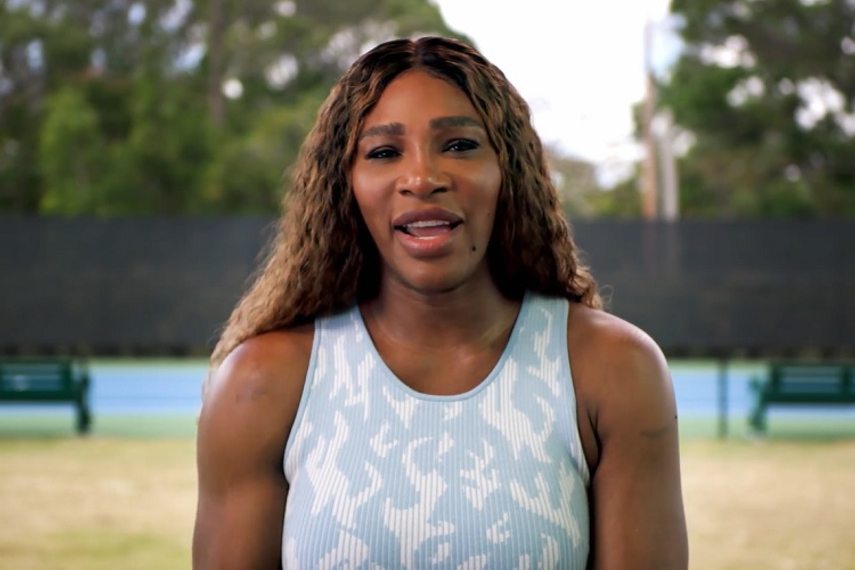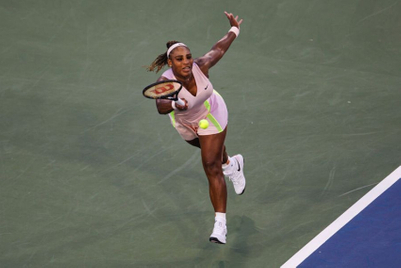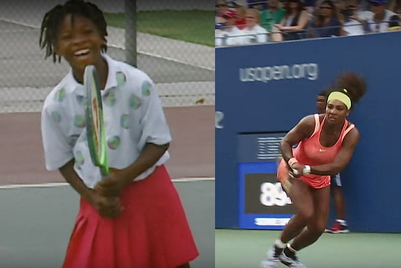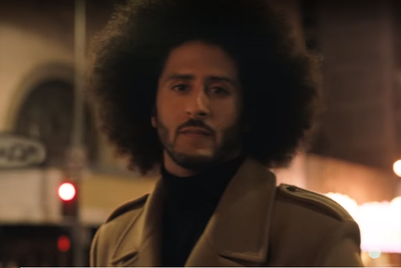
At a time when many world leaders are being questioned about how they are tackling the Covid-19 situation, Serena Williams, tennis champion, entrepreneur, philanthropist, revealed her thoughts on leadership on the third day of the Adobe Summit. The 23-time Grand Slam champion said, “The most important thing in a leader is ownership. Leaders must not be afraid of owning up to mistakes, things that are not great, and should not be afraid of standing up to them.”
Williams added that she has also believes in the power of mistakes. “I learned important lessons in tennis and business when I made mistakes. When we talk to founders (of companies that Williams invests in), it’s a bit of a turn-off when they say everything is perfect. We want to know how one can recover from the mistake,” she added.
Along with a successful tennis career, Williams is also a venture capitalist and owns a fashion company.
“My dad, from a young age, told me that you never know what happens and you must always have something to fall back on. What I do in fashion and in Serena Ventures is something that I have been wanting to do for a long time. I wanted it to be a full-time occupation, rather than a backup plan,” she said.
Adding that her learnings from the court are taken into her business, Williams said, “There’s a lot that I take from my tennis career that I incorporate into my businesses; it’s about the tenacity, the desire, the championship mindset. It’s (the business) something I am passionate about. I became an angel investor early on and have been investing in different companies for eight years. I quickly learned that it’s fun, but very risky.”
While several VCs are investing in companies, Williams learned early on in her business career that only 2% of investment money goes to women, and even lesser to women of colour. It’s something she wants to address.
“I realised the way to change that was to be the person writing the cheque. So, I started writing cheques to women and people of colour and investing in such companies,” she said.
Difference between tennis and her business career
While stating that her tennis career influences her business career in terms of dedication and hard work she puts in, there are differences too.
Explaining them, Williams said, “In tennis, the more risk you take, the more rewards you have. Business is a little more different. You’re talking a tremendous amount of funds and money and you want to make sure you make the best decision. There are goals I want to reach, if I meet them, then I feel like I have succeeded in that. There are times you don’t meet those goals and you don’t reach the minimums you want to do, so it’s about re-evaluating them and then figuring how to do better.”
She added, “I also take on a ton of mentors in business. I want to look at mentors from businesses that you can learn from. For example, there was one company I didn’t believe in and wasn’t particularly sure of investing in. But my team believed in it. They had more knowledge about the background, and I agreed and went for it. It ended up being one of our big portfolio companies.”
Merging fashion and tech
Williams has been known for her love for fashion. She also runs her brand (S by Serena) through which it aims to merge fashion and technology.
She explains, “For me, it’s so important to create something that’s for all body types. We call our plus size – great. We want everyone to feel good. Tech is moving to live shopping in China. In China, users are shopping via text messages and AR, that’s what we want here in the USA (too).”
She signed off with how the brand uses social media.
“Our social engagement on social media has been cool – it’s like a conversation with customers. We are not trying to sell – but just finding out how they’re doing, especially in the last year. Customers, especially the Gen Z cohort, love to know that they are shopping with a brand that supports causes. One of those endeavours was to use fabric that we already had, and made masks out of them when the pandemic hit.”


.jpg&h=334&w=500&q=100&v=20250320&c=1)
.jpg&h=334&w=500&q=100&v=20250320&c=1)



.jpg&h=334&w=500&q=100&v=20250320&c=1)
.jpg&h=334&w=500&q=100&v=20250320&c=1)
.jpg&h=334&w=500&q=100&v=20250320&c=1)
.jpg&h=334&w=500&q=100&v=20250320&c=1)
.jpg&h=334&w=500&q=100&v=20250320&c=1)





.jpg&h=268&w=401&q=100&v=20250320&c=1)
.jpg&h=268&w=401&q=100&v=20250320&c=1)
.jpg&h=268&w=401&q=100&v=20250320&c=1)
